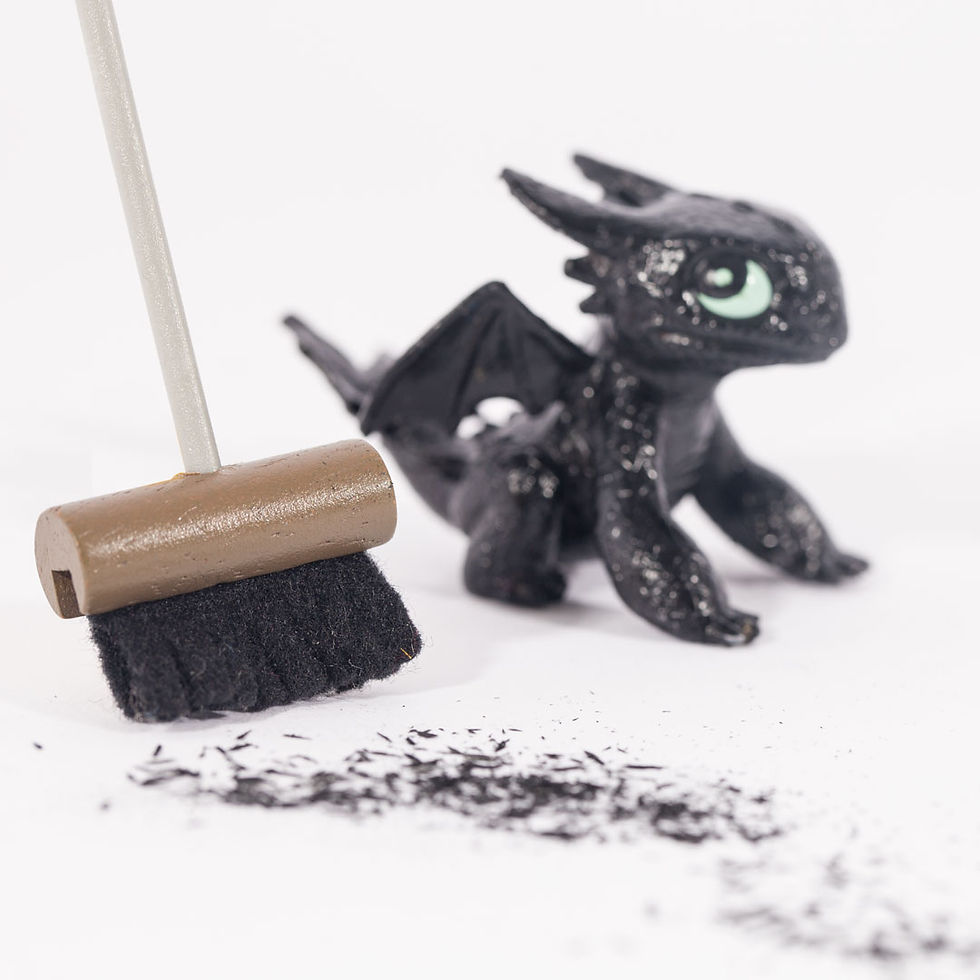- drago : 037365
- Aug 6, 2016
- 4 min read

Recently my computer system has been gurgling and grumbling like a clogged cistern. It was time for some serious maintenance, rendering it impossible to use for the whole day ... it really is a task that I should have performed a while ago at the first signs of discomfort, but as we often do in busy schedules, we plough on through wishing upon wishes, and crossing our fingers that nothing will break down.
I had actually underestimated the time it would take to transfer some 50,000 image files. If anyone is interested it doesn't take an hour or so!
On a personal front, I will be the first to admit that housework is not my primarily forte. Over recent months as I have come to terms with flying solo, I have put into place a few systems to keep everything as low maintenance as possible. When I am being very creative or absorbed by a project, I am quite comfortable living in a state of chaos, but there are downsides. I used to lose things often, things that I needed urgently, and spend more time looking for things than probably the time I needed them for. This would cause me considerable stress and feed into my insecurities. Interestingly, if anyone asked me if I had some random object, I would be able to quickly find it for them - even if I had not seen the object for months or even years. A curious presentation of "I can do it for others, just not for myself".
End of last year, I realised that "losing things" was really one way in which I was sabotaging myself. I was feeling inadequate and hopeless, and losing things "proved" that I was. The realisation was so distressing that it was this behaviour that motivated me to sign up to a couple of courses earlier this year to understand why I was so persistent in engaging in these kind of behaviours.
As my stress levels have eased, I find that I now tend not to lose things. As of last count there are only three things that I have absolutely no idea where they have disappeared in the last couple of months. In the past, losing only three things in a day was a good day! As we de-stress, our mind does become clearer. It is easier for us to maintain the systems we put in place to create order in our lives which leads to even greater feelings of no stress, calm and sense of balance.
Some of my followers have probably already realised that I am just as interested in metaphysical matters as I am in the physical. I see one as the reflection of the other. Keeping a more ordered physical space (between the bursts of beautiful creative chaos) and cleansing the energy within that physical space are becoming increasing important to me. From a business perspective, this plays out in various rituals that I now see myself performing while preparing for each assignment - particularly in the studio. I am very conscious how closely welded are my personal and business life ... I run the business from home ... although I spend a reasonable amount of time on customer site, my home is also my work space subject to visit by clients. To get to the studio, customers do have to physically enter and walk through my personal living space. I am also very conscious that to keep some sense of balance between public and private, work and personal, that I have to create physically or symbolically a separation between the two.
There is one small ritual that I now do before every client visit. Before the arrival of an outsider, I burn a stick on incense to cleanse the energy in my home, and light a candle in the studio. While doing this, I am symbolically cleansing any personal negative or emotionally charged energy that I may have inside or around me that will detract from my ability to pay attention to my client; and secondly I mentally form a clear intention in my mind to bring energised focus to the photoshoot. Maybe it is mind over matter, but I am finding that the photoshoots flow with greater ease.
The act of cleaning reminds me of a vivid memory of when at 16, I was living in Sri Lanka as an exchange student. At the beginning of that year I was living with a family in Kalutara in Sri Lanka. Each morning I would wake to the sound of sweeping. Across the road was a small community of thatched shacks. Most of the huts did not have walls. The people who lived there were very poor. Yet every morning there was a wizened elderly lady who would sweep the ground with such serenity on her face, there was pride and purpose in her work as she would sweep patterns into the hardened earth. If we bring mindfulness to our cleaning and cleansing we give ourselves an opportunity to allow the turmoil in our inner lives to settle while we allow the chaos and turmoils in our outer lives and environment to ease into calmness. In doing so we honour ourselves and the space we inhabit.
Flying Solo Tip 037365 : With mindfulness, the most humble tasks become the most noble.






